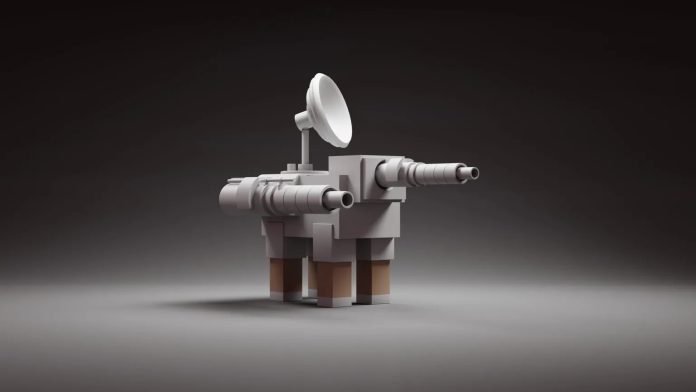In Philip K. Dick’s novel “Do Androids Dream of Electric Sheep?” the line between human and machine is blurred as characters struggle to determine who is real and who is not. In many ways, this struggle mirrors the current debate around the rise of artificial intelligence (AI) and its potential impact on critical thinking.
How AI and Critical Thinking Came to Be?
The concept of critical thinking has been around for centuries, but it wasn’t until the 20th century that it was formally defined and studied. As the world became more complex, critical thinking became an increasingly important skill for individuals to have in order to navigate it successfully.
Meanwhile, the idea of artificial intelligence had been around for almost as long. In the mid-20th century, advances in computing technology made it possible to create machines that could perform tasks that were once thought to be the exclusive domain of human beings.
The Future Implications
As AI technology continues to advance, there is concern that it may lead to a diminishing of critical thinking skills. Some worry that people may rely too heavily on AI to make decisions for them, without fully understanding how those decisions are made.
However, there is also the possibility that the intersection of AI and critical thinking may lead to the development of a new field focused on creating AI systems that can think critically. These systems could be used to help humans make better decisions by providing them with unbiased and rational analysis of complex problems.
Furthermore, AI systems that can think critically could be used in a variety of fields, such as medicine, finance, law and even businesses, to assist professionals in making better decisions. For instance, a chatbot that can analyze RFQs (Request for Quotations) and provide personalized recommendations could help sales teams in responding to customer inquiries more effectively. The chatbot can quickly analyze the RFQs, suggest suitable products or services, and even generate accurate quotes for customers, improving the sales process and increasing customer satisfaction.
Critical thinking and AI
In “Do Androids Dream of Electric Sheep?” the character of Rick Deckard struggles to determine who is human and who is an android. He must use his critical thinking skills to analyze the behavior and responses of the characters in order to make a determination.
Similarly, in the age of AI, we must use our critical thinking skills to understand how these systems work and how they may impact our lives. We must also consider the ethical implications of creating machines that can think and make decisions on their own.
In conclusion, the intersection of AI and critical thinking is an important and complex issue that requires careful consideration. While there is concern about the potential impact of AI on critical thinking skills, there is also the possibility of a new field focused on creating AI systems that can think critically. As we navigate this new terrain, we must remain vigilant and use our critical thinking skills to ensure that AI is used for the greater good.












